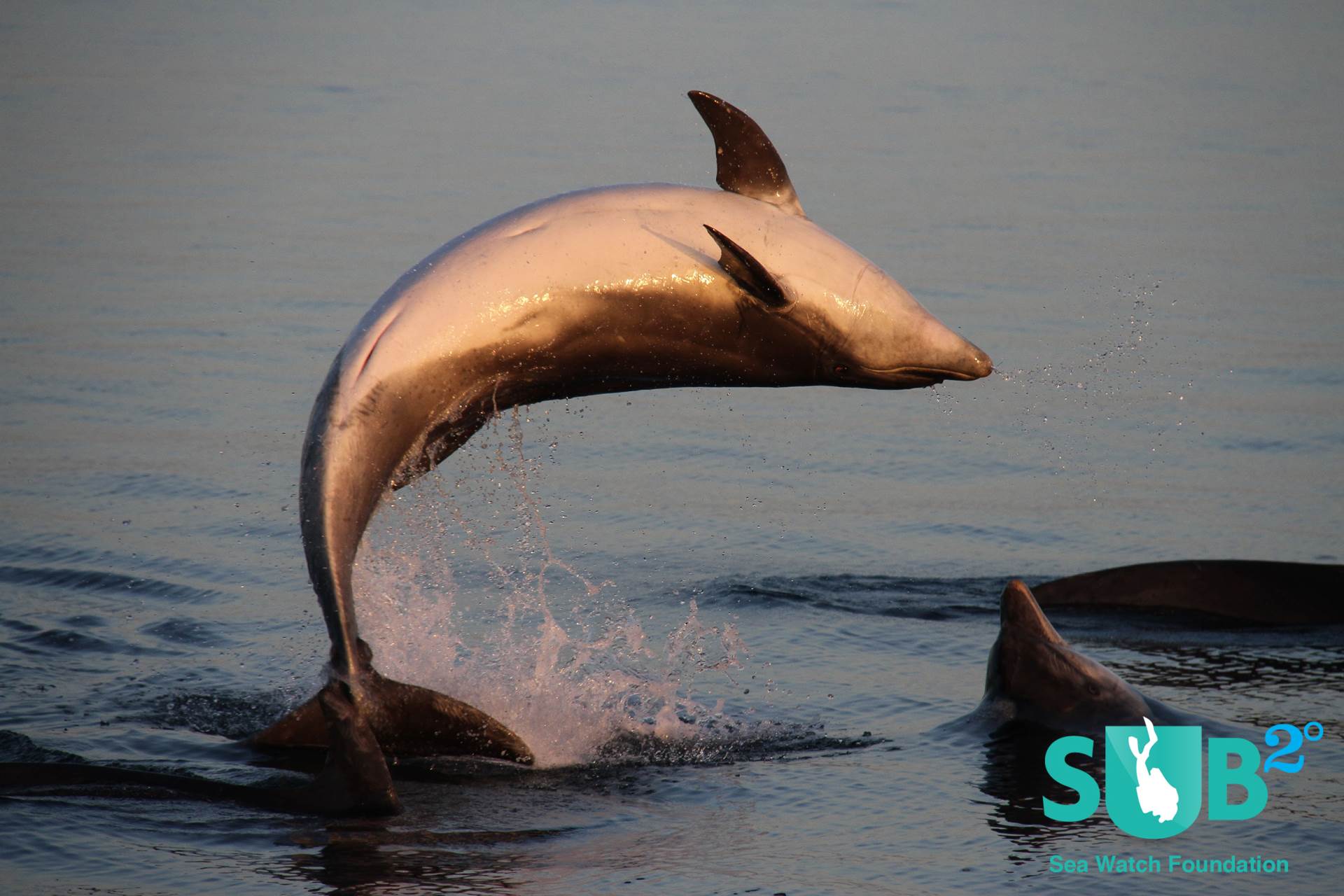
Published
Dec. 12,
2013
How to take the plunge and help UK dolphins
The United Kingdom may not be large, but it has a surprising number of cetacean species - whales, dolphins and harbour porpoises - living in or regularly visiting its coastal waters.
The marine research charity Sea Watch Foundation has been studying them for more than 20 years and has built up a large photo id database of flukes and fins from which individuals can be recognised, and therefore 'tracked' over years.
Sea Watch is looking to harness the help of scuba divers to record and send in their sightings. Those sightings will be combined with data received from across the country and from boat operators to help determine species trends around the coast and assess the health of both resident and migratory populations. Combined with other research, sightings data helps Sea Watch Foundation work with the Government and other bodies to develop effective conservation policies.
There are currently 12 species regularly visiting the UK shores with a total of 27 species recorded at one time or another in our coastal waters. 'Hotspots' around Wales and Scotland are amongst the top places in the world to view dolphins.
In the UK expect to see: Harbour porpoises; minke, fin, humpback, killer, pilot and sperm whale; bottlenose, Risso's, common, white-beaked and white-sided dolphins.
Occasional visitors include: striped dolphins, sei whales, northern bottlenose whales and even, once, a dwarf sperm whale.
Why help?
Marine mammals everywhere are facing a battery of threats - everything from climate change, to noise and environmental pollution through to over fishing.
Take the impact that just one of those threats has on just one aspect of their life cycle, multiply that by the other threats and impacts, and you can see why developing effective conservation measures is vital if these iconic species are to be protected.
Climate change is just one threat. With the temperature of the world's oceans rising, the impact on cetacean food chains is likely to be profound. The foods they currently rely on - like plankton, fish, and squid - may need to move into cooler waters if they are to survive, or they may perish. The cetaceans that rely on them will need to follow those food stocks, face starvation or try, in the space of a generation or two, to adapt to incoming and new foods that thrive in warmer waters.
However, those new food sources will also bring in their wake species currently more often seen off the Mediterranean or African coasts, which will be forced in their turn to follow their food chain. As a result, species which have not previously overlapped with UK’s native fauna may find themselves fighting over resources, and possibly passing on disease to populations that have not been exposed to them before and therefore have no immunity.
However, more immediate, and possibly farther, reaching effects to local populations come from noise, other environmental pollution and over fishing - and that is why we need to harness the help of scuba divers to collect as much data as possible!
What you can do
- Let us know at sightings@seawatchfoundation.org.uk if you would like more information about how to send in your sightings.
- Tell us if you would be interested in helping set up a national Divers for Dolphins network from scratch at sightings@seawatchfoundation.org.uk
- Contact Sea Watch Foundation to discuss our accredited training courses. If you complete these courses you will be qualified to hold or take part in dedicated surveys, to become a Sea Watch Regional co-ordinator or Observer (volunteer roles).
- Support the charity and its fundraising by adopting a dolphin for yourself, a friend or a relative - and not just for Christmas! www.adoptadolphin.org.uk raises funds that help support the work of Sea Watch researchers and scientists all year round.
- Let us know if your group would be interested in a talk by a Sea Watch or Adopt a Dolphin representative.
- Schedule in dives to coincide with the National Whale and Dolphin Watch 2014 – dates are July 26 to August 3 - and let Sea Watch know of any dolphins, porpoises or whales you encounter. This annual watch provides an important snapshot of species distribution around the UK. 2013 saw a record number of sightings contributed, with the full report to be published shortly on the Sea Watch Foundation website.
Featured Posts
-
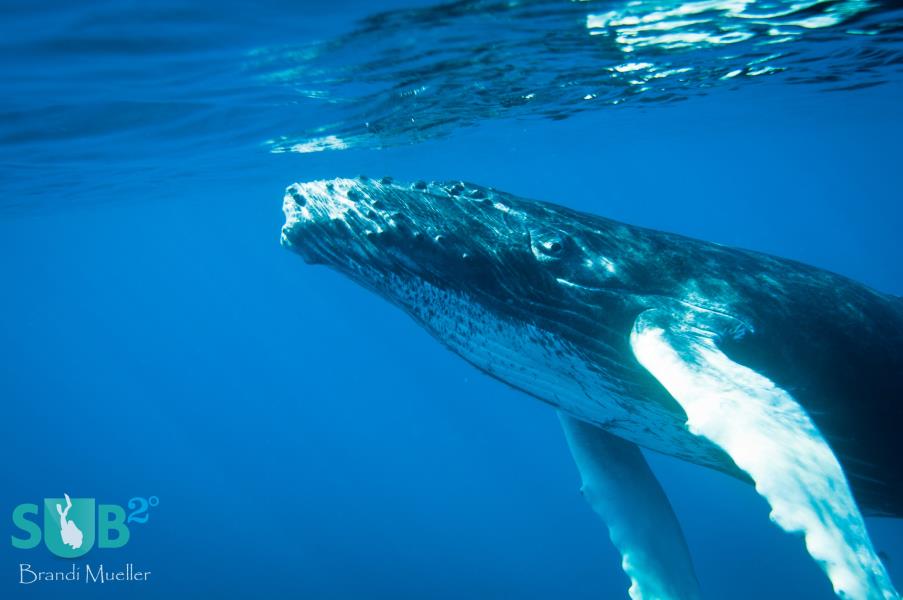
Humpbacks of the Silver Bank
Nothing compares to being in the water with a 40 foot humpback whale. These beautiful and graceful animals are nothing short of amazing. The Silver Bank is a winter gathering place for humpbacks and more recently, snorkele...
-
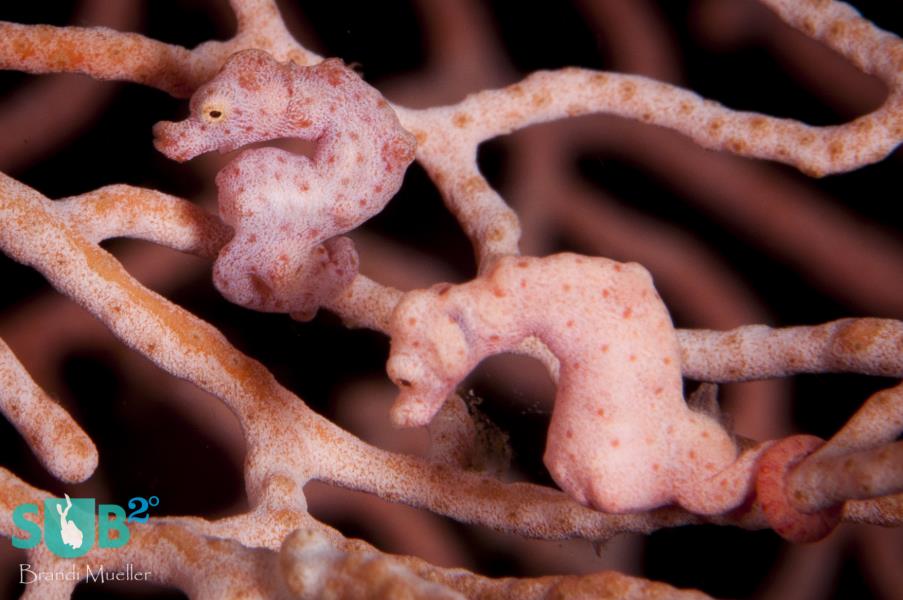
On Seahorse Love
When boy meets girl in the world of seahorses a beautiful and often extensive courtship occurs. They change colors and entwine their tails. Then they rise off the seafloor and the female deposits her eggs into the male’s p...
-
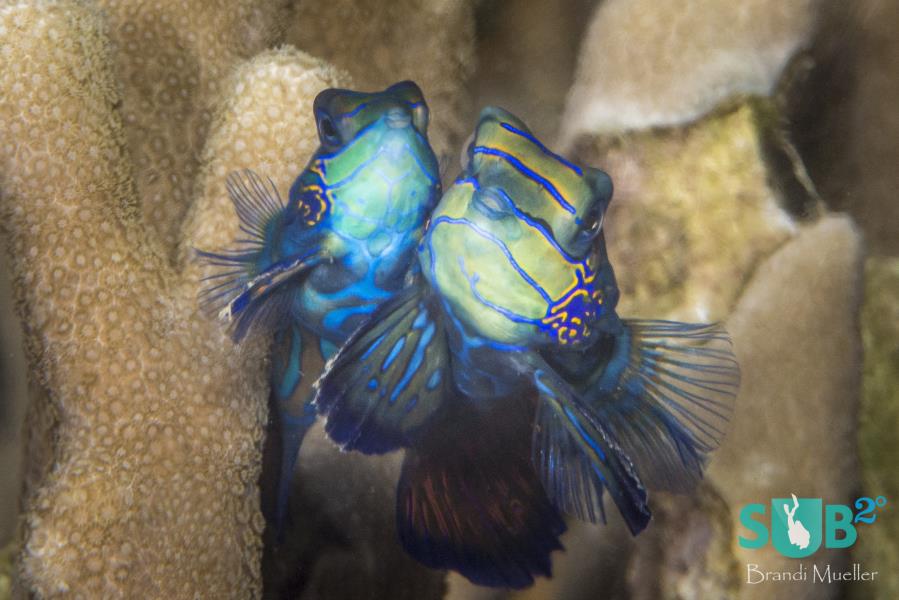
Mandarinfish-The Courtship Dance
On the reefs of the Pacific, twilight marks the beginning of the mandarinfish courtship dance. A male begins dancing, and if he’s desirable, an interested female will join. Just before the sun sets, the two fish will rise u...
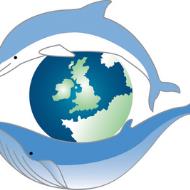

Load more comments